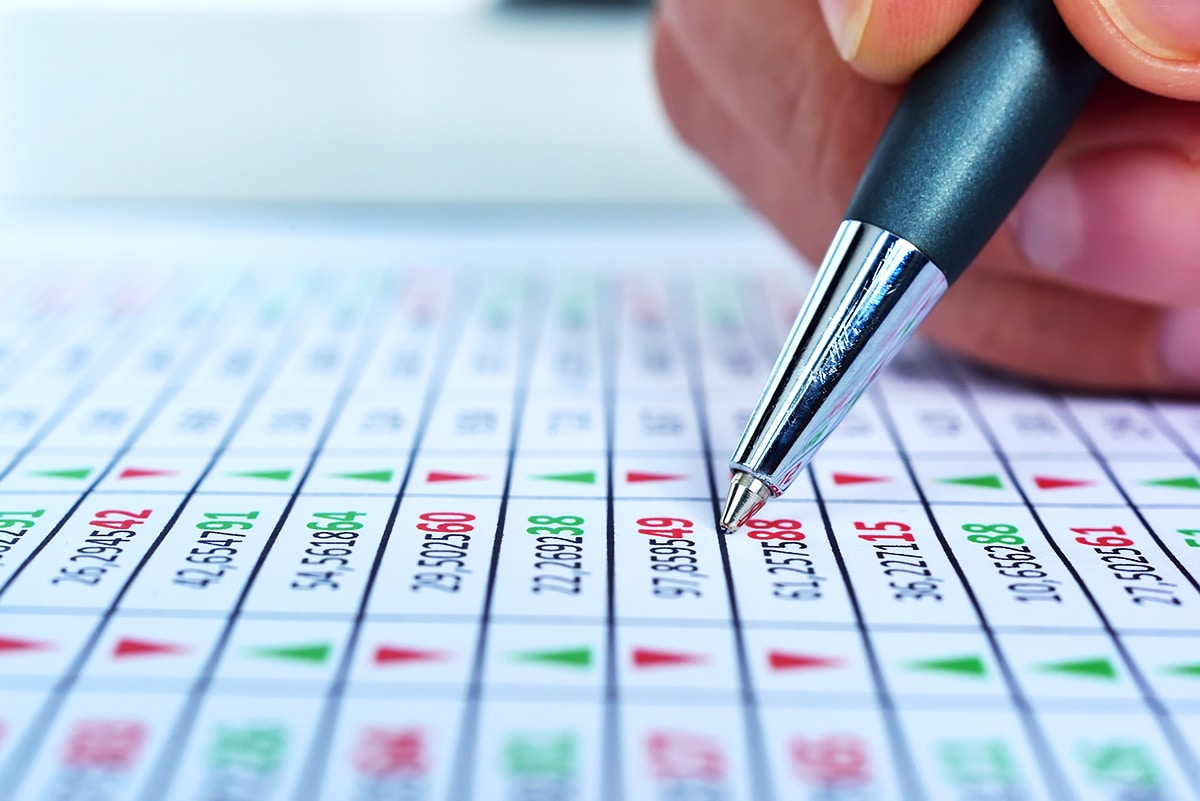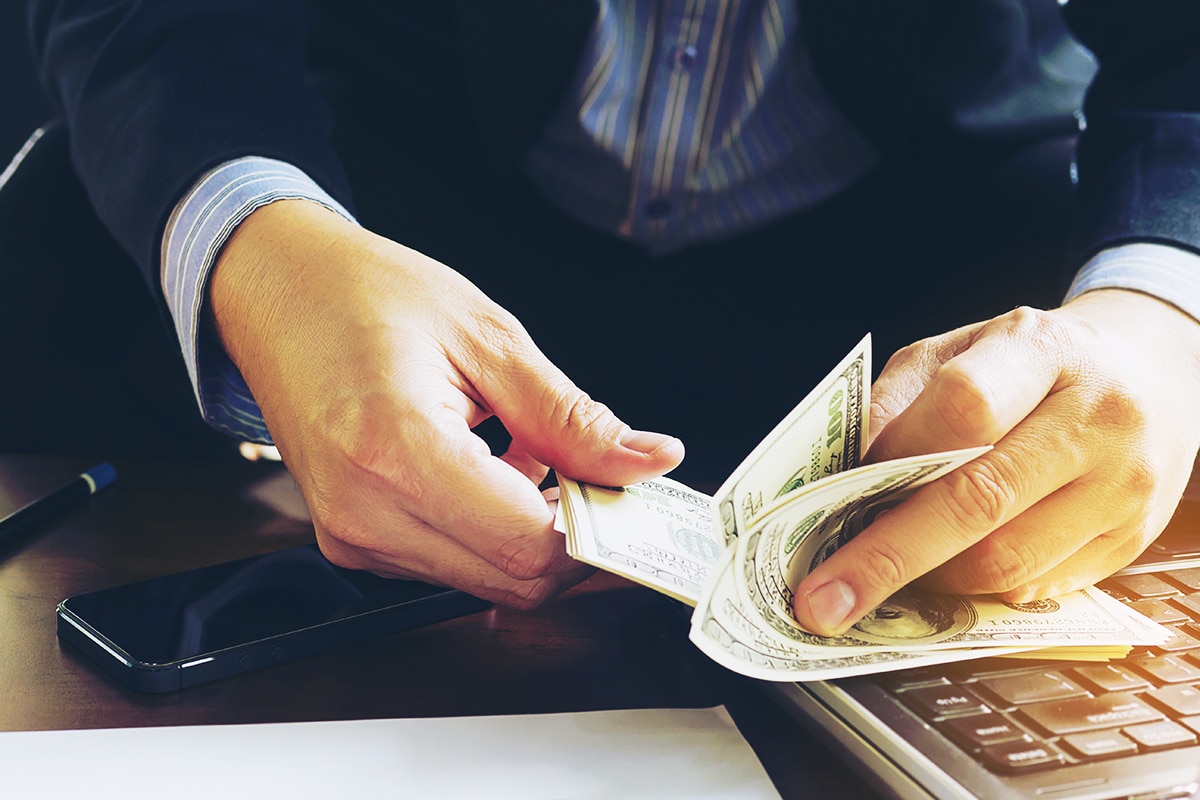Imagine walking into a casino, placing your hard-earned money on the roulette table, only to find out that the croupier secretly knows where the ball will land. How would you feel? Cheated, outraged, helpless? This is precisely how investors and ordinary individuals should feel when it comes to insider trading. Behind closed doors, a select few gain access to confidential information that can give them an unfair advantage, jeopardizing the integrity of our financial markets and potentially wiping out the savings of unsuspecting investors. In this article, we will delve into the unethical practice of insider trading, explore its implications, and suggest ways for investors to protect themselves.
The Unraveling of Insider Trading
Insider trading is the illegal practice of trading stocks or other securities based on material non-public information. This information is typically gained by individuals who have close ties to a company, such as executives, directors, or employees. Armed with this knowledge, insiders can buy or sell securities with the confidence of making a profit, while the rest of the market remains oblivious to the underlying factors driving these transactions.
The Ethical Dilemma
Insider trading is not only illegal but also a blatant violation of ethical norms. It undermines the principles of fairness, transparency, and equal access to information that form the bedrock of our financial systems. Publicly traded companies are obliged to provide material information to all investors at the same time, ensuring a level playing field where everyone has an equal chance to profit or incur losses based on publicly available facts. When insiders exploit their privileged positions, they not only break the law but also deceive their fellow shareholders who rely on accurate and timely information.
The Ripple Effect
The consequences of insider trading reach far beyond the individual transactions taking place. When insiders gain an unfair advantage, it distorts the natural equilibrium of markets. Prices are artificially influenced, leading to misallocations of capital and a skewed perception of a company’s true value. This can have a domino effect, undermining market confidence and deterring potential investors from participating in the market. Ultimately, insider trading erodes trust in the integrity of our financial systems, tarnishing the reputation of corporations and damaging wider economic stability.
Unveiling the Damage
The impact of insider trading is not limited to financial markets alone. It can extend to the broader economy, resulting in detrimental effects for individuals and society as a whole. As ordinary investors unknowingly bear the brunt of malicious actions, their trust in the system erodes. This loss of faith can impede economic growth and deter public participation in investments, stifling innovation and curtailing progress. Moreover, insider trading can lead to a widening wealth gap, as those with privileged access continue to amass wealth at the expense of others.
Legal Measures and Enforcement
Recognizing the dangers posed by insider trading, regulators around the world have implemented stringent laws and regulations to combat this unethical practice. Authorities such as the U.S. Securities and Exchange Commission (SEC) actively monitor trading activities, investigate suspicious transactions, and pursue legal action against offenders. The penalties for insider trading can be severe, including hefty fines, imprisonment, and lifetime bans from the securities industry. However, the onus of detection and enforcement is an ongoing battle, as perpetrators constantly seek new ways to evade scrutiny.
Protecting Your Investments
While enforcement actions play a crucial role in curbing insider trading, individual investors must also take steps to protect their investments. Here are some practical tips to consider:
1. Diversify your portfolio: Spreading your investments across various companies, industries, and asset classes can reduce the impact of any individual company’s stock being affected by insider trading.
2. Stay informed: Regularly monitor news, financial reports, and disclosures of the companies you invest in. This helps in detecting any sudden and unexplained fluctuations in stock prices.
3. Be skeptical: Exercise caution when considering investment advice or tips from unofficial sources. Rely on information from reputable and verified sources to make informed decisions.
4. Report suspicious activity: If you suspect or come across any insider trading activities, report it to the relevant regulatory authorities in your country. Your vigilance can contribute towards maintaining the integrity of financial markets.
Conclusion
Insider trading not only undermines fair and open markets but also poses a significant risk to individual investors. The unethical nature of this practice erodes trust and confidence in our financial systems, with far-reaching consequences. While regulators continue their efforts to combat insider trading, individual investors must remain vigilant and take steps to mitigate risks. By diversifying portfolios, staying well-informed, and reporting suspicious activity, investors can protect themselves and contribute to the preservation of market integrity. Together, we can work towards a fair and transparent financial landscape that benefits all stakeholders.




